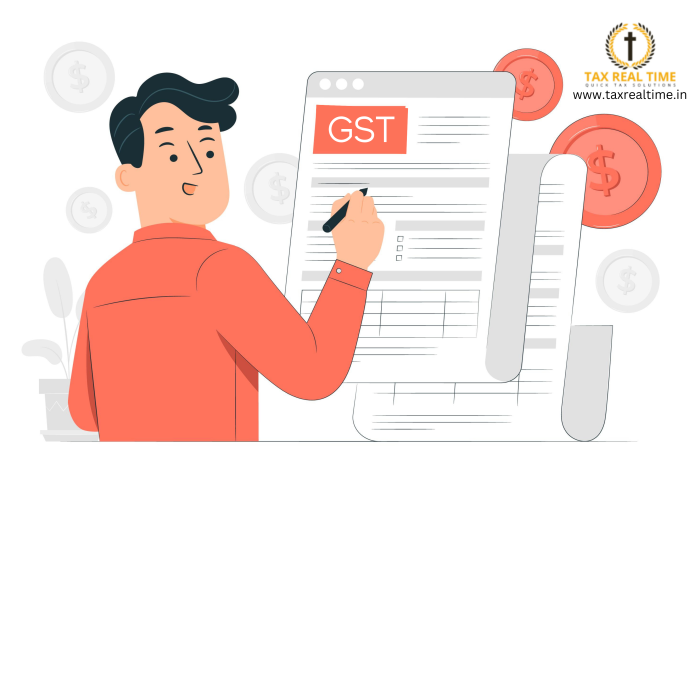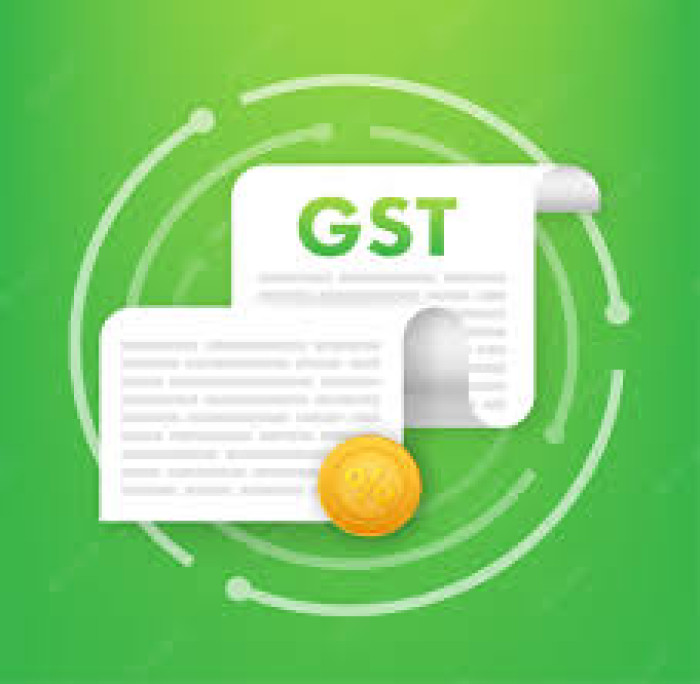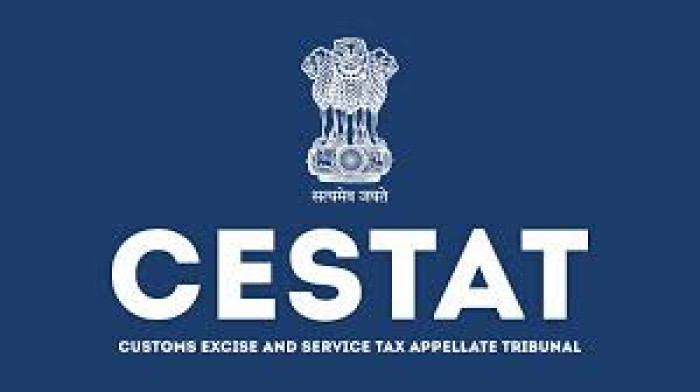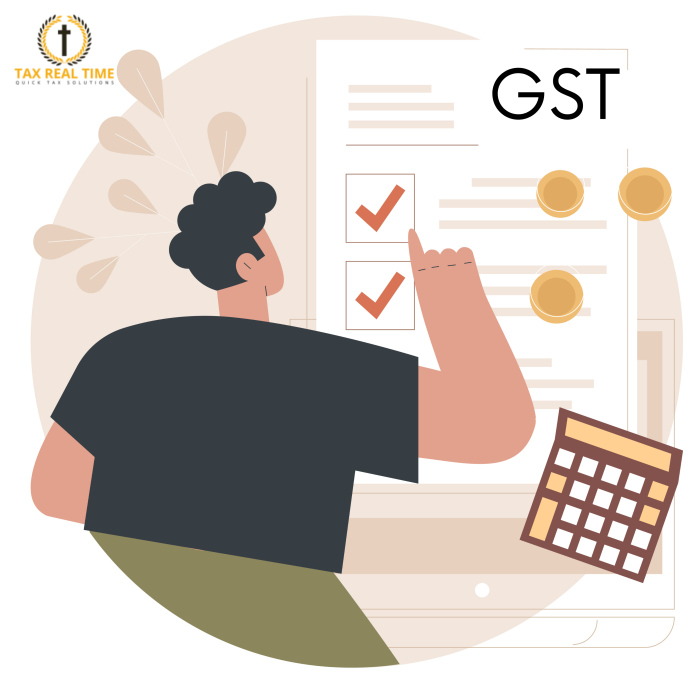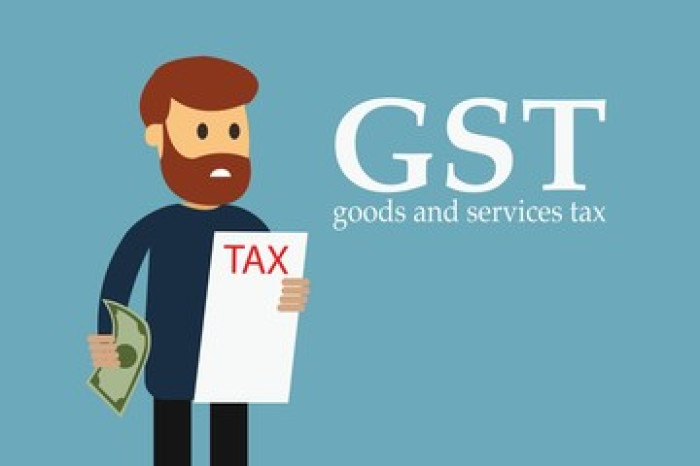GST - Allahabad High Court: Movement of goods without E-way - Penalty Order modified to be raised under Section 129(1)(a), not under 129(1)(b) [Order attached]
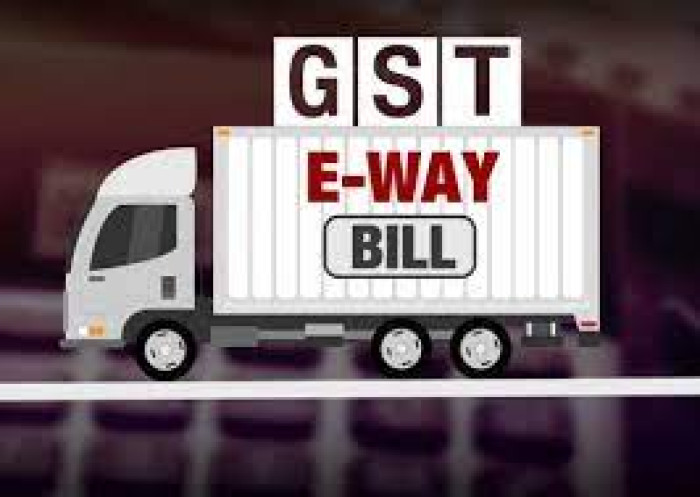

Your free trial / membership plan is expired.
Kindly subscribe to get complete access to indirect tax updates and issue wise cases
Why subscribe to us ?
Get complete access to news updates and download copy of case laws/ notification/ circular etc.
Be a part of our WhatsApp group and read real time indirect tax updates
Access to ready case laws of General Issues and Industry Wide Issues under GST
Access to relevant provisions of law / circular in respect to the issues, along with trail of their amendments
Write your GST query to us for evaluation
Subscription Charges:*
Indirect tax updates -
6 months @299 / 1 Year @499 only
Indirect tax updates + Issue wise cases -
6 months @1199 / 1 Year @1999 only
*Plus applicable GST
Admin
11-Aug-2025 21:58:15
Order date: 06 Aug 2025
Parties: Raju Ujir / M/S R.R. Enterprises v. State of U.P. & Ors.
Facts -
- Goods in transit from Delhi to Telangana were intercepted at Agra, U.P. No e-way bill was produced at the time of inspection; the purchasing dealer’s registration had been suspended but was later restored. The goods were accompanied by a valid tax invoice showing no quantity or quality discrepancy.
- Authorities imposed penalty under Section 129(1)(b) of the GST Act and upheld it on appeal. The petitioner argued the case fell under Section 129(1)(a) as documents were otherwise in order.
Issue -
- Whether penalty under Section 129(1)(b) was justified when goods in transit were accompanied by a valid tax invoice but no e-way bill was produced at the time of inspection?
Order -
- The division bench of the Hon’ble High court noted that although absence of an e-way bill suggests intent to evade tax, the presence of a valid tax invoice meant proceedings ought to be under Section 129(1)(a), as per Clause 6 of the 31.12.2018 Circular and precedents in Halder Enterprises and Shahil Traders.
- Tax invoice was accompanied with the goods in transit. In view of the Clause 6 of the Circular dated 31.12.2018 wherein it has specifically been stated that if tax invoice or any other specified document are accompanied with the consignment then either the consignor or the consignee should be deemed to be the owner of the goods.
- In view of the peculiar facts and circumstances of case as stated above, the writ petition is partly allowed. The impugned orders are modified to the extent that the impugned orders must be treated as passed under Section 129 (1) (a) of the GST Act.
Related Post
Post Category
Your free trial/ membership plan has expired. Kindly subscribe to get complete access of tax news updates.

Why subscribe to us ?
Get complete access to news updates
Access to the Order Copy of the case law/ Notification/ Circular etc
Be a part of our Whatsapp group and read real time tax updates
Access to ready case laws/ circulars on general and industry-wide issues under GST
Submit your GST issues to us for evaluation








